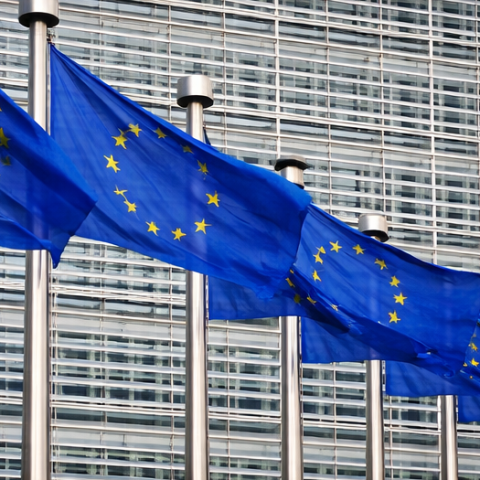By Ilir Kulla
When the right wing Macedonian party VMRO-DPMNE (Democratic Party for Macedonian National Unity), went over to the Opposition, very few people thought it would make a quick come-back. There were also rumors for a long time afterwards that the VMRO-DPMNE was heading towards disintegration. It is a fact that the moral and political cost for the VMRO was very high. It had managed a country, which from an important period of stability and economic prosperity had slid into a situation of armed civil and military conflict and had then slunk away, its tail between its legs, following the Ohrid Agreement and its loss in the 2002 elections.
Such names as Lube Boshkovski not only disappeared from the political scene, but they even ended up on trial for war crimes at The Hague. The several months long conflict bore an exceptionally heavy cost for the none to wealth pockets of the Macedonians; about 1.5 billion dollars, from which a good part was spent on buying tanks and helicopters from the Ukraine. But the situation change very swiftly.
Following the withdrawal of its leader Lubco Georgevski, the VMRO-DPMNE, restructured and purged the whole party, from the leaders in the centre down to the base. Nikola Gruevski, who was elected Chairman and came as former Finance Minister in the VMRO Government focused on stimulating and supporting new and young figures, who, not only had sound moral integrity, but were financially supported by the party to improve their qualifications, with Masters Degrees and specialization courses in the West. The results were not late in showing. Two years after the VMRO had gone over to the Opposition, the process of structuring and modernizing had progressed a great deal. In the local elections, the VMRO won the municipality of Skopje and four years later, it won the general elections, returning to power. Irrespective of the fact that the governance of the Left wing was successful in general, once again the young and fresh team Grueviski lined up in the elections, arose more trust in the people and swept this party back into office in neighboring Macedonia.
In the Socialist Party of Albania, following the resignation of Mr. Nano, the former founding leader and Prime Minister of the country and of the left wing Majority, a young politician was elected Chairman of the SP, up until that time a successful administrator of the Municipality of Tirana. However, straight after his election, the vital process of the reform of the Socialist Party was bought to a halt and the conservative course within the SP hardened even further. Apart from the Chairman, the majority of the other members of the leading structures of the SP are still the same much consumed figures of the past eight years of socialist governments. This raises serious question marks about the ability of the Opposition to make itself credible to both the Internationals and the local public if it decides to line up a new governing team made up of the consumed political figures of the SP. Perhaps the example of the VMRO in the neighboring country of Macedonia is of value for the Albanian Opposition too as a successful model worthy of copying.
The author is an independent annalist
VMRO model and SP

Change font size:








